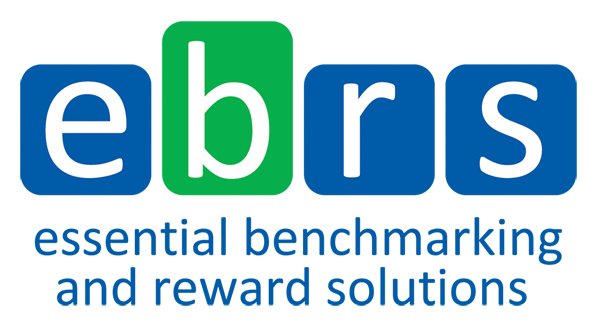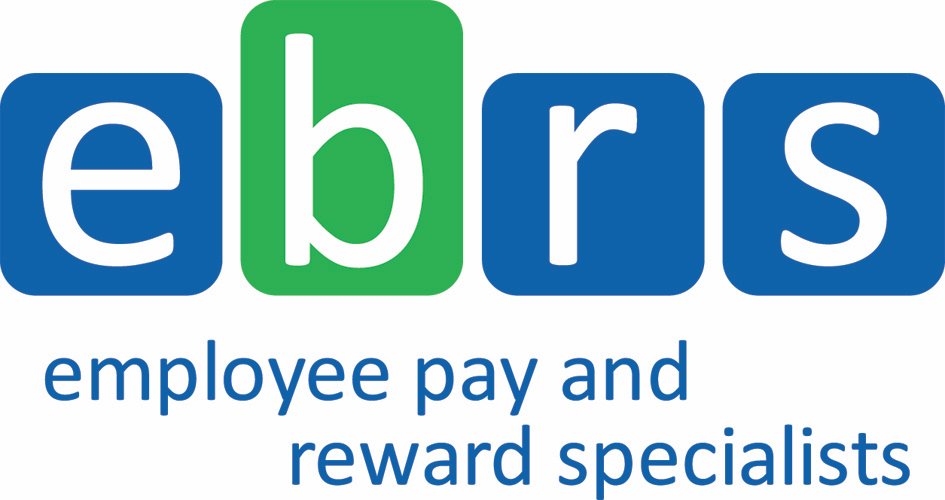Hours and incentives for Maintenance roles in Housing Associations
We recently surveyed housing associations to research Maintenance team arrangements on behalf of a client and are happy to share an overview of our findings.
Data overview
This comprehensive analysis explores the prevalence of various incentives, standard working hours, and the typical incentive packages offered across the sector.
The data analysed comes from two sources:
Job Advertisements: A review of 102 job adverts for maintenance roles from various housing associations.
Survey Responses: Responses from 15 housing associations regarding their maintenance teams' terms and conditions.
Standard Working Hours
Advert Data:
The average standard working hours across the advertised roles are approximately 38.9 hours per week.
Most roles specify between 37 and 40 hours per week.
76 roles provided specific working hour details.
Survey Data:
The average standard working hours from the survey responses are 38 hours per week.
The range of working hours reported is from 35 to 42 hours per week.
All 15 associations provided specific working hour details.
Incentive Arrangements
Advert Data:
Incentive arrangements are mentioned in 32% (33 out of 102) of the job adverts.
Common incentives include:
Early finishes, particularly on Fridays.
Performance-based bonuses.
Additional leave days.
Survey Data:
33% (5 out of 15) of the housing associations reported offering incentives.
Detailed incentive arrangements include:
Annual performance awards across the organisation.
Maintenance bonus of up to 16% of basic pay as performance bonuses.
Banked hours to allow for flexible working schedules.
Conclusion
The analysis reveals that incentive arrangements for maintenance teams are moderately prevalent, with approximately one-third of roles and associations offering such benefits.
Standard working hours are fairly consistent, averaging around 38 to 39 hours per week.
The incentives primarily focus on enhancing work-life balance and rewarding performance.
The post provides an overview of the findings given to our client and participants from our research. If you would like us to use our expertise to gather pay and reward benchmarking data to support your organisation then do get in touch.

